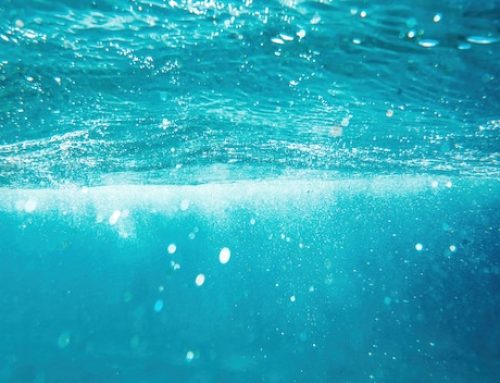Introduction
Swimming is a low-impact exercise that remains a favorite of people of all ages. It is an excellent workout that can improve overall fitness levels and maintain a healthy physique. However, some people may feel that as they get older, they are swimming slower than they used to. This article aims to clarify this concern.
Age and Swimming
As we grow older, our bodies undergo various changes. This includes a decrease in muscle mass and strength. Additionally, the flexibility of our joints and tendons also diminishes, making it harder for us to move with the same speed and precision we did in our younger years. However, these changes don’t mean that you can’t swim as fast as you used to.
Health Conditions and Swimming
Health conditions can significantly impact your swimming ability. These conditions include arthritis, heart disease, lung disease, and other chronic illnesses. If you have any of these conditions, you may find it harder to swim as fast as you used to. However, people with these conditions can still enjoy the benefits of swimming. In fact, swimming can be a great way to manage some of these health conditions.
Training and Swimming Performance
Swimming is a sport that requires technique and endurance. As you age, it may take longer to recover from workouts, and muscle fatigue may set in. However, with proper training techniques and nutrition, you can still improve your swimming performance. For instance, incorporating resistance training into your workout routine can help you build muscle and enhance your swimming speed.
Gender and Swimming
Gender may also play a role in swimming performance. According to a study published in the Journal of Aging and Physical Activity, women tend to experience a greater decline in swimming speed than men as they get older. This decline is more significant in women who have not been consistently active over the years. However, women who remain active and engaged in swimming activities can maintain their swimming speed, even as they age.
Conclusion
In conclusion, while age can impact your swimming speed, it doesn’t mean that you have to give up the sport altogether. Instead, you may need to adjust your training techniques to help you maintain optimal performance. Additionally, incorporating strength training and other exercises into your routine can help you improve your swimming speed and overall fitness levels. It is essential to consult with your doctor before starting any new exercise program, especially if you have health conditions that could impact your swimming experience.






